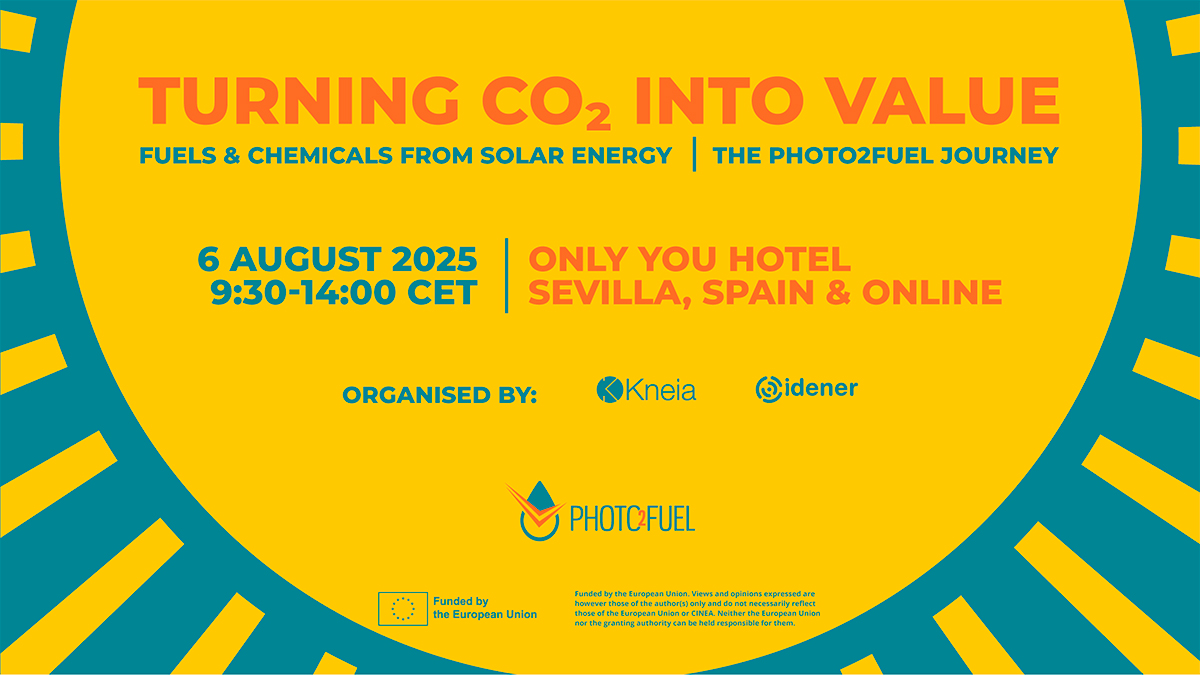

About the event
Join us on August 6th, 2025, in Seville or online for the Final Conference of the Photo2Fuel project, where we will share the key outcomes of three years of research and innovation funded by the Horizon Europe programme.
Photo2Fuel has developed an innovative process that uses CO₂, bacteria, and organic polymers to produce biomethane and acetic acid opening new pathways for sustainable fuel and chemical production. At this event, we will present the project’s main achievements, technological breakthroughs, and insights into the future of carbon capture and utilization.
The conference is open to a broad audience, including researchers, industry professionals, and policy makers, and aims to spark dialogue around sustainable technologies, renewable energy, and circular solutions for industrial emissions.
Secure your spot today!
Agenda
| Time | Activity | Speaker |
|---|---|---|
| 9:20–9:30 | Welcome | Alejandro Gonzalez (IDENER) |
| 9:30-10:30 | Session 1: Biohybrid systems: Innovations and challenges | |
| 9:30–9:50 | Designing and Optimizing Photosensitizers for Bio-Hybrid Systems | Haining Tian (Uppsala University) |
| 9:50–10:10 | Harnessing Sunlight and CO₂: Microorganism–Organic Semiconductor Hybrids for Acetic Acid Production | Haotian Bai (Institute of Chemistry, Chinese Academy of Sciences) |
| 10:10-10:20 | Q&A | |
| 10:20- 10:30 | Coffee break | |
| 10:30-12:00 | Session 2: Challenges and Barriers in the Field of CCUS | |
| 10:30–10:50 | Current Status and Future Prospects of CCUS in Europe: A Perspective from INCITE | Vanessa Ferreira (INCITE, JRC Seville) |
| 10:50–11:10 | The Pursuit of Sustainable CO₂ Utilisation Technologies | Juan Diego Medrano (ETH Zürich) |
| 11:10–11:30 | Driving Innovation: SOCAR’s Experience in Industrial R&D | Celal Güvenç Ogulgönen (SOCAR R&D) |
| 11:30–11:50 | Vision and Execution: Our Roadmap Towards Photodriven CO₂ Valorization | Aldo R. Reyes (KNEIA) |
| 11:50-12:00 | Q&A | |
| 12:40-13:00 | Session 3: Synergies in Action: Deploying CCUs in Europe – Discussion with PHOTOSINT and NEFERTITI Projects | |
| 12:00–12:20 | NEFERTITI Project Overview: Innovative photocatalysts integrated in flow photoreactor systems for direct CO₂ and H₂O conversion into solar fuels | David González (LEITAT Technological Center) |
| 12:20–12:40 | PHOTOelectrocatalytic Systems for solar fuels energy INTegration into the industry with local resources | Sergi Danés (Institute of Chemical Research of Catalonia) |
| 12:40-13:00 | Q&A / Roundtable | |
| 13:00-13:30 | Concluding remarks | |
Sessions & Speakers
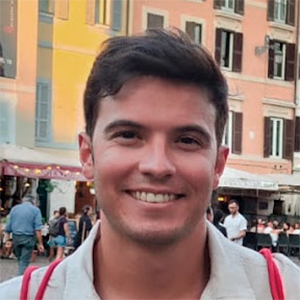
Alejandro González
Welcome and Introduction to the Photo2Fuel project
Organisation: IDENER
Country: Spain
Alejandro González Brincau is a Senior Researcher at IDENER AI (Seville, Spain) and Project Coordinator of the EU-funded Photo2Fuel Project. He holds a background in Biochemistry and an MSc in Biomedical and Molecular Biology Research, with early-career experience applying molecular biology techniques across diverse fields—including environmental science, biomedical research, and plant biology. Over time, he transitioned into R&D roles within various private organizations, gaining expertise in project proposal development, lab-scale experimental design, and technical reporting for a range of scientific and technological processes.

Haining Tian
Haining Tian is a full Professor at Uppsala University, where he leads the Molecular Devices for Artificial Photosynthesis research group. He received his PhD from Dalian University of Technology in 2009, followed by postdoctoral and researcher positions at the KTH Royal Institute of Technology in Sweden. In 2014, he began his independent research career at Uppsala University and was promoted to full Professor in 2024. Professor Tian has received several prestigious awards, including Göran Gustafsson Prize for young researchers, Young Investigator Award from the European Photochemistry Association, and Wallenberg Academy Fellow. His research focuses on the development and investigation of sustainable soft materials for solar energy conversion and storage. He has published over 100 peer-reviewed articles and edited the book Molecular Devices for Solar Energy Conversion and Storage.
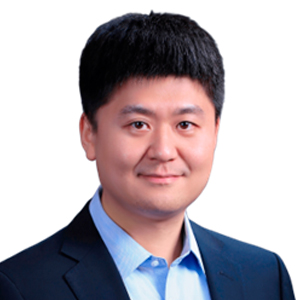
Haotian Bai
Haotian Bai is a professor at the Institute of Chemistry, Chinese Academy of Sciences. He obtained his B.S. degree from Hunan University in 2012 and completed his Ph.D. at the Institute of Chemistry, Chinese Academy of Sciences, in 2017. He pursued postdoctoral research at the University of California, Los Angeles, and Hong Kong University of Science and Technology. His research primarily focuses on exploring conducting polymers for biological function modification and regulation. Additionally, he is dedicated to the construction of solar-driven artificial biohybrids aimed at achieving efficient photosynthetic synthesis of various products.
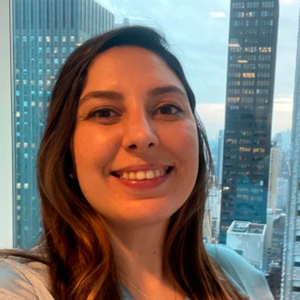
Vanessa Ferreira
Vanessa Ferreira is a Chemical Engineer with a PhD and a solid track record in sustainable process development, innovation management, and EU-funded research. She currently works at the Joint Research Centre (JRC) in Seville within INCITE – the Innovation Centre for Industrial Transformation and Emissions – which is part of EU-BRITE (European Bureau for Research on Industrial Transformation and Emissions). Through INCITE, Vanessa contributes to policy support in areas such as industrial decarbonisation, the circular economy, and clean technologies. Prior to joining the JRC, Vanessa held leadership roles in R&D, managing multidisciplinary teams and strategic projects at the intersection of science and policy.
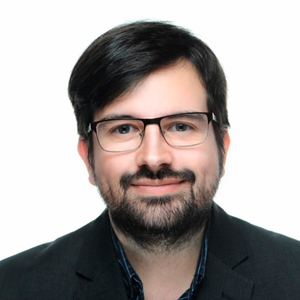
Juan Diego Medrano
Juan Diego Medrano is a Postdoctoral Fellow in the SUPERLab at ETH Zürich, where he works under the guidance of Prof. Gonzalo Guillén-Gosálbez. With a strong background in Sustainable Process Systems Engineering, he earned his PhD from the University of Alicante, Spain, focusing on the sustainability trade-offs in industrial CO₂ utilization for chemical synthesis.
At ETH Zürich, his research supports the development of net-zero strategies for the chemical sector, with a particular emphasis on evaluating the economic and environmental viability of innovative synthesis pathways for fuels and chemicals.
Juan Diego’s research interests extend to green chemistry, sector coupling, and industrial symbiosis. He actively collaborates with institutions such as Universitat Ramon Llull (Spain), Uppsala University (Sweden), and both the University of Amsterdam and Leiden University (the Netherlands). In addition to his research, he contributes to teaching and participates in interdisciplinary initiatives across the department.
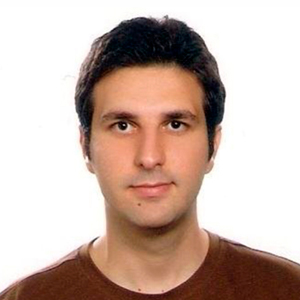
Celal Güvenç Ogulgönen
Celal has a background in chemical engineering and graduated from Middle East Technical University (METU) in Ankara, Türkiye, specializing in the characterization of photovoltaic (PV) module performance and chemical reactions via concentrated solar technologies, with applications beyond the lab scale. Currently, he is working at the State Oil Company of Azerbaijan Republic (SOCAR) R&D and Innovation Center in İzmir, Türkiye, as the Sustainability and Decarbonization Supervisor.

Aldo R. Reyes
Aldo Ramírez Reyes has more than ten years of experience in the management and coordination of R&D projects and Innovation. Aldo, based in Barcelona, holds a degree in Chemistry, an MPhil in Project and Innovation Management and a PhD in Catalysis, Photocatalysis and nanomaterials awarded by the University of Liverpool.
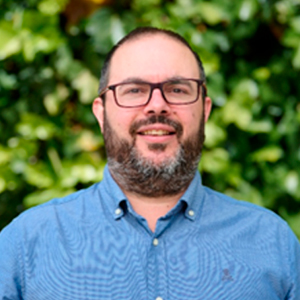
David González-Gálvez
David González-Gálvez holds a PhD degree in Organic Chemistry (July 2009) cursed at Universitat Autònoma de Barcelona (UAB). He also worked as analyst of complex mixtures of organic compounds (fragrances and flavours company). After that, he did a postdoctoral research focused in the synthesis of nanocatalysts (organo-metallic nanoparticles for hydrogenation of aromatics and Fischer-Tropsch reaction).
From August 2012 he works at LEITAT Technological Centre, where now he is coordinating the Sustainable Advanced Chemistry area. He has participated in the development and elaboration of several European projects. His work is mainly centered in reactivity, polymer science, microencapsulation, and characterization techniques.
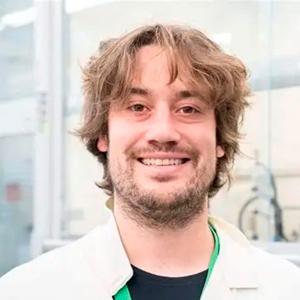
Sergi Danés
PHOTOelectrocatalytic Systems for solar fuels energy INTegration into the industry with local resources
Organisation: ICIQ
Country: Spain
Sergi Danés studied Chemistry at the Universitat de Girona, where he also completed his Master's degree. He then moved to the Universität des Saarlandes, where he pursued his PhD under the supervision of Dr. Diego M. Andrada and Dr. Pedro Salvador. In 2024, he obtained his PhD in Inorganic and Computational Chemistry. He subsequently joined the Institut Català d'Investigació Química (ICIQ) as a postdoctoral researcher in the group of Prof. Julio Lloret-Fillol. His current research focuses on the development and mechanistic understanding of catalysts for the Oxygen Evolution Reaction (OER) within the Photosint project.
Address
Av. de Kansas City, 7,
41018 Seville